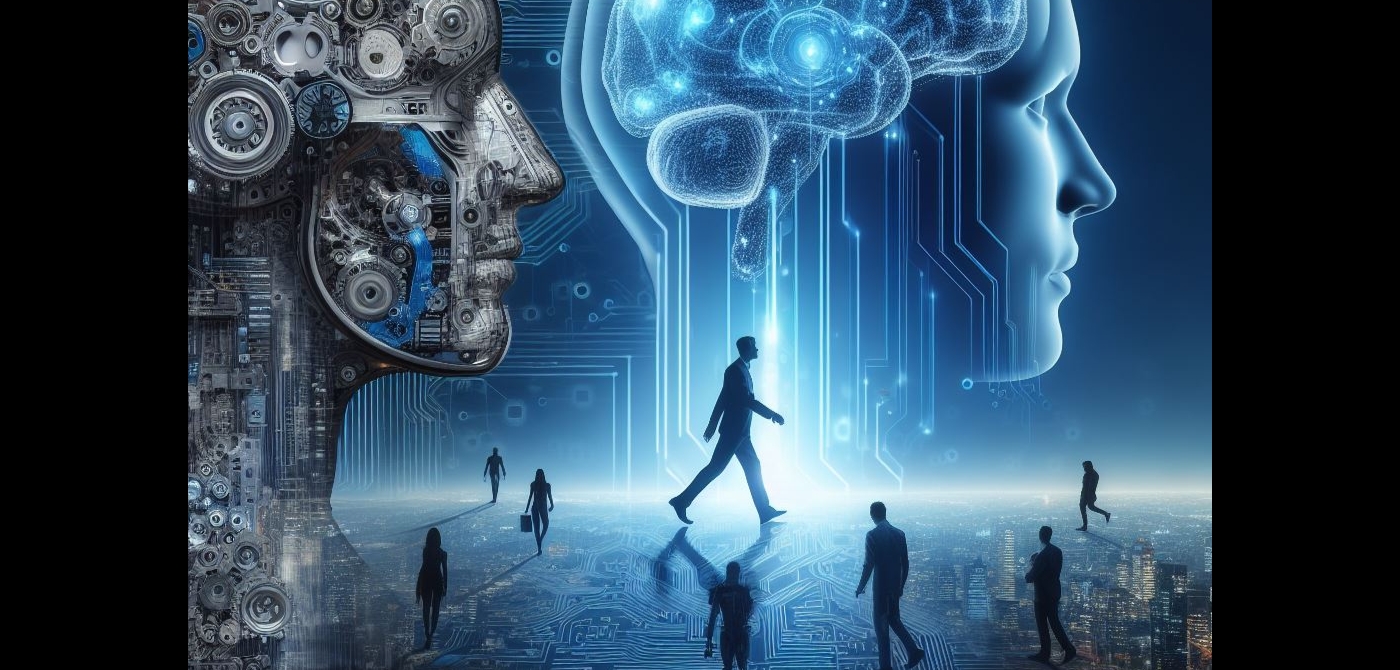
Artificial Intelligence (AI) has witnessed rapid advancements, with machine learning (ML) serving as its driving force. Machine learning, a subset of AI, empowers computers to learn from data, adapt to new information, and perform tasks with minimal human intervention. These innovations are revolutionizing industries and redefining the boundaries AI of what technology can achieve. From natural language processing to autonomous systems, machine learning breakthroughs are shaping a future brimming with potential.
Breakthroughs in Natural Language Processing (NLP)
One of the most transformative advancements in ML is in natural language processing. AI models like OpenAI’s GPT series have reached unprecedented levels of linguistic comprehension, enabling machines to generate human-like text, understand context, and even hold meaningful conversations. NLP has found applications in virtual assistants, customer service chatbots, and content generation tools. The integration of NLP with sentiment analysis is further aiding businesses in understanding customer emotions, enhancing engagement strategies.
Revolutionizing Computer Vision
Another significant breakthrough lies in computer vision, where machines are trained to interpret and analyze visual data. Deep learning algorithms have enabled AI systems to recognize faces, detect objects, and process images with remarkable accuracy. These innovations are being applied in areas such as autonomous vehicles, medical imaging, and security systems. For example, AI-powered diagnostic tools analyze X-rays and MRIs to detect anomalies like tumors, revolutionizing early diagnosis and treatment planning.
Advancements in Generative Models
Generative AI models, such as GANs (Generative Adversarial Networks) and diffusion models, have opened up new possibilities for creativity and problem-solving. These systems generate realistic images, videos, and even music, blurring the line between human and machine creativity. Businesses use generative models to design prototypes, create marketing content, and simulate real-world scenarios. Additionally, generative AI has applications in healthcare, where it simulates molecular structures to accelerate drug discovery.
Autonomous Systems and Robotics
Machine learning has propelled the development of autonomous systems, making self-driving cars, drones, and robotics more efficient and reliable. Advanced reinforcement learning algorithms allow robots to learn from their environment and improve their performance over time. In logistics, robots powered by ML are optimizing warehouse operations and last-mile deliveries. Similarly, autonomous drones are being used for surveillance, disaster response, and agricultural monitoring, showcasing the versatility of AI-driven systems.
Ethical AI and Explainability
While the advancements in ML are awe-inspiring, they also raise critical ethical and technical challenges. The concept of explainable AI has gained prominence, focusing on making AI decisions transparent and understandable to humans. Bias in algorithms and data privacy concerns remain significant hurdles that researchers and policymakers are striving to address. Innovations in ethical AI development ensure that machine learning systems are not only powerful but also fair and accountable.
The path Forward
The rise of machine learning is reshaping industries, solving complex problems, and driving innovation. As we explore these breakthroughs, the focus must remain on leveraging AI responsibly and inclusively. Collaborative efforts between researchers, governments, and industries are crucial to maximizing the benefits of machine learning while addressing its challenges. With continued advancements, machine learning holds the promise of a future where intelligent systems complement human creativity and ingenuity, unlocking possibilities beyond our imagination.
Machine learning innovations are not just technical achievements; they represent a transformative force that is redefining the landscape of technology and society. As AI continues to rise, its ability to learn, adapt, and innovate will undoubtedly lead to a smarter, more efficient world.
